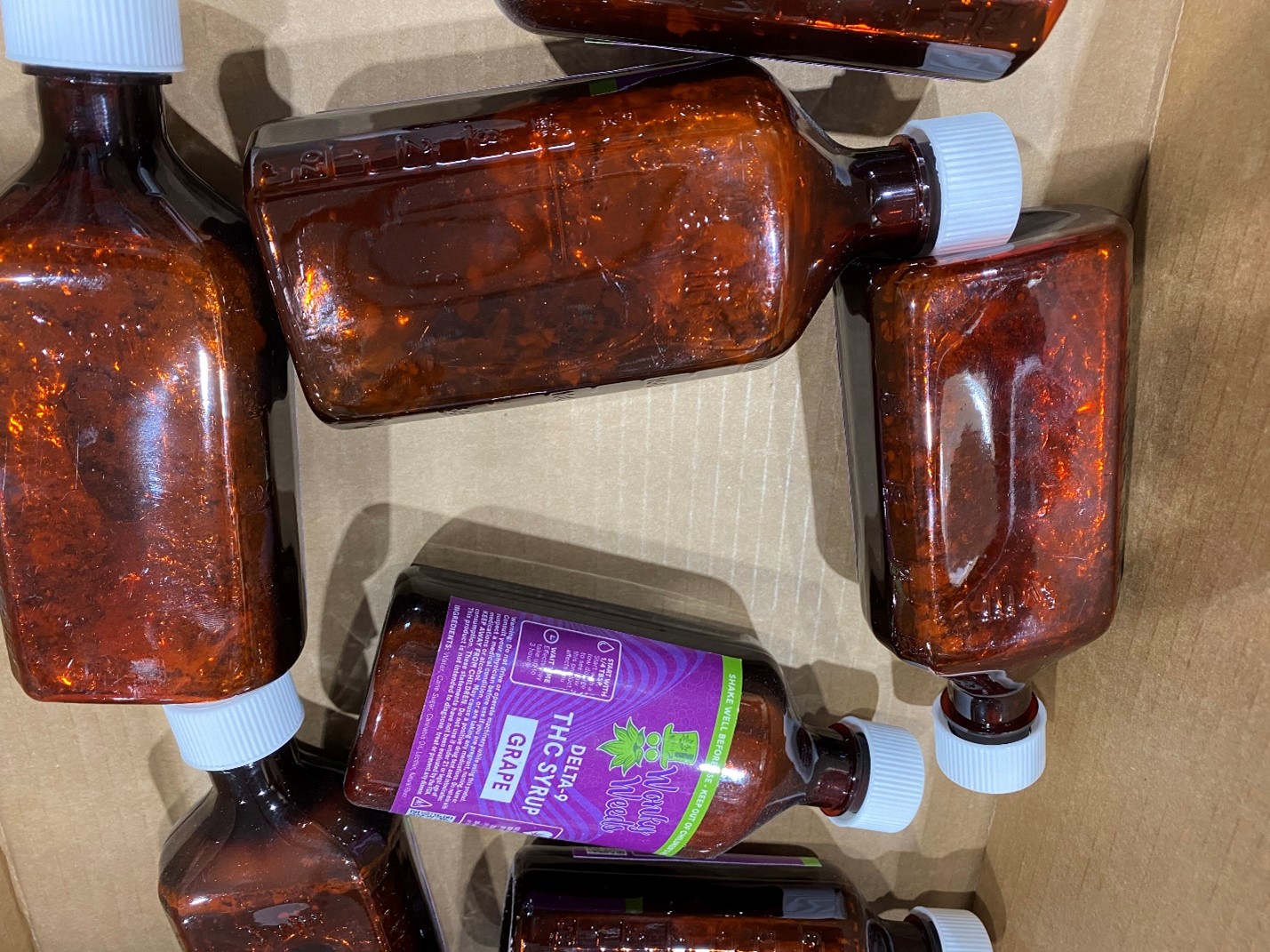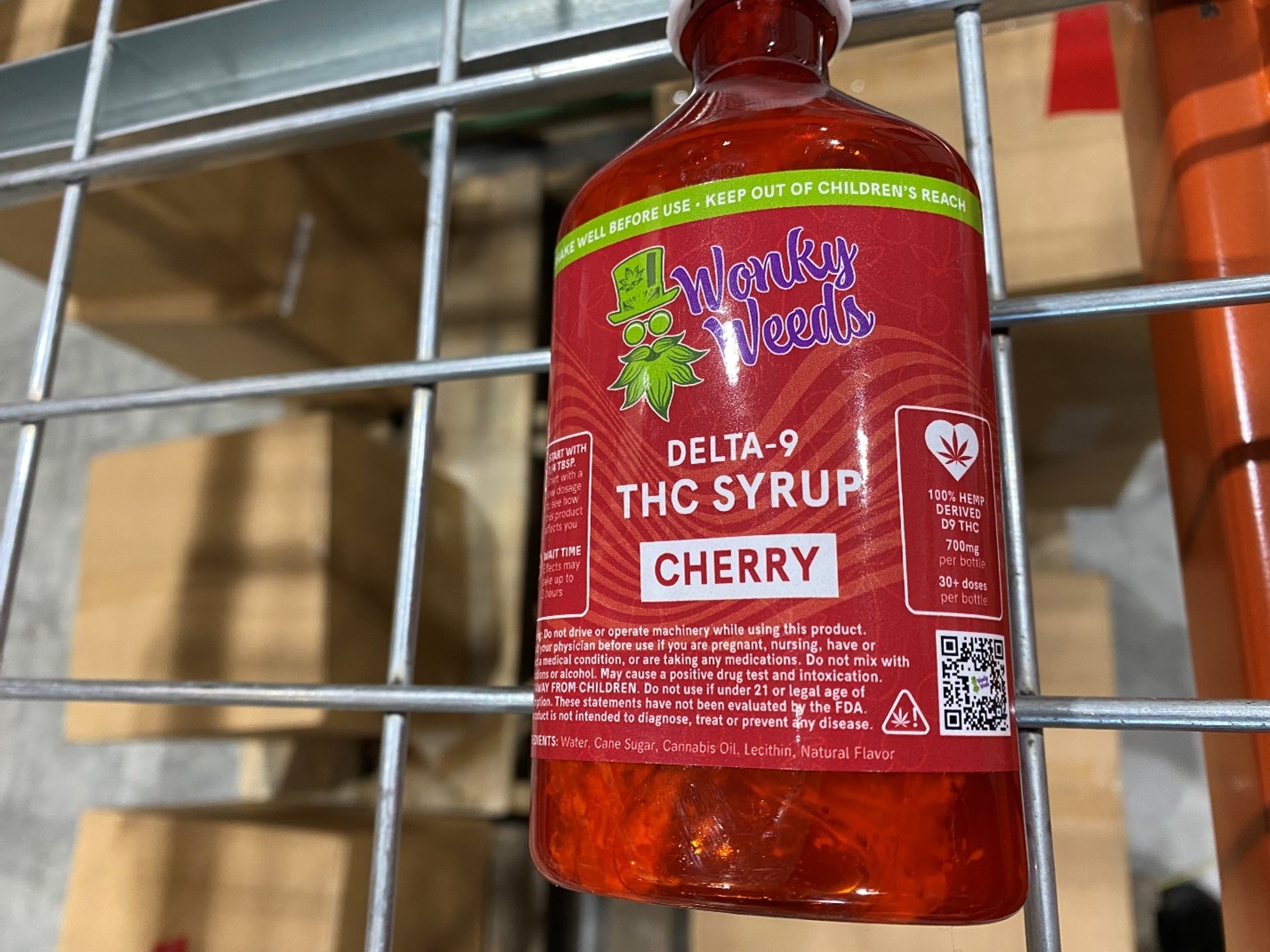Check the Registered Product Search database at the MDA Web Site.
Yes. Pesticides with labeling that contains an Agricultural Use Requirements section are agricultural pesticides.
Yes. Pesticides with labeling that contains an Agricultural Use Requirements section are agricultural pesticides.
Yes. Agricultural pesticides are defined in the Pesticide Control Law. Restricted Use Pesticide (RUP) is a federally assigned pesticide classification. Some agricultural pesticides are also classified and labeled as RUP; many other pesticides are classified as general use.
Yes. Agricultural pesticides are defined in the Pesticide Control Law. Restricted Use Pesticide (RUP) is a federally assigned pesticide classification. Some agricultural pesticides are also classified and labeled as RUP; many other pesticides are classified as general use.
A pesticide federally classified as "Restricted Use" may only be applied by licensed or certified persons. Product labeling must state “This is a Restricted Use Pesticide" near the top. A bulk pesticide is held in an individual container with a pesticide content of 56 U.S. gallons or more, or 100 pounds or more net dry weight.
A pesticide federally classified as "Restricted Use" may only be applied by licensed or certified persons. Product labeling must state “This is a Restricted Use Pesticide" near the top. A bulk pesticide is held in an individual container with a pesticide content of 56 U.S. gallons or more, or 100 pounds or more net dry weight.
Agricultural Pesticides are products that bear labeling which meets federal Worker Protection Use Requirements established by 40 CFR Parts 156 and 170. These products can be readily identified by the “Agricultural Use Requirements” box on their label. This section describes Worker Protection Standard Use Requirements. These products are typically used in agriculture and non-ag industries such as greenhouse/nursery, rights-of-way, landscape and forestry. Agricultural pesticides may be classified as restricted use or non-restricted use pesticide.
To identify an agricultural pesticide, look on the product label for a boxed section labeled "Agricultural Use Requirements".
The MDA Registered Product Search web page is a source where you can find product information. Various searches are available based on EPA registration number, company name, or product name. The list of pesticides includes an agricultural pesticide column; when a Yes appears in the column the product meets the agricultural pesticide definition. Persons may also contact the MDA’s registration program at 651-201-6583.
Check the Registered Product Search database at the MDA Web Site.
Yes. Pesticides with labeling that contains an Agricultural Use Requirements section are agricultural pesticides.
Yes. Agricultural pesticides are defined in the Pesticide Control Law. Restricted Use Pesticide (RUP) is a federally assigned pesticide classification. Some agricultural pesticides are also classified and labeled as RUP; many other pesticides are classified as general use.
A pesticide federally classified as "Restricted Use" may only be applied by licensed or certified persons. Product labeling must state “This is a Restricted Use Pesticide" near the top. A bulk pesticide is held in an individual container with a pesticide content of 56 U.S. gallons or more, or 100 pounds or more net dry weight.
The Minnesota Department of Agriculture (MDA) is alerting consumers to avoid consuming any flavor of Wonky Weeds brand delta-9 tetrahydrocannabinol (THC) syrup due to product contamination with mold. During a recent inspection, the Minnesota Board of Pharmacy identified mold growth in the THC syrup products. Customers who purchased these products should discard them and not use them. No illnesses associated with mold contamination in these products have been reported at this time in Minnesota.
All Wonky Weeds brand delta-9 THC syrups made by Wonky Confections/Northland Vapors are affected by this advisory. Products were distributed in Minnesota and nationally through internet and retail sales. Product flavors include grape, cherry, blue razz, and pineapple.
Certain mold strains are dangerous because they cause allergic reactions and respiratory problems in susceptible populations. Some mold produces poisonous mycotoxins and aflatoxins that can make people sick. Acute symptoms from mold exposure can vary and may include diarrhea, vomiting, stomach cramps, skin irritation, respiratory issues, or itchy eyes, nose, or throat.
Contact your health care provider if you have become ill after consuming Wonky Weeds delta-9 THC syrup. Report any adverse events with these products or any other cannabis-derived products to the FDA via MedWatch.


###
Media Contact
Larry Schumacher, MDA Communications
Email: larry.schumacher@state.mn.us
Phone: 651-201-6629

